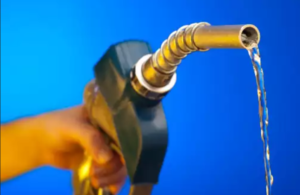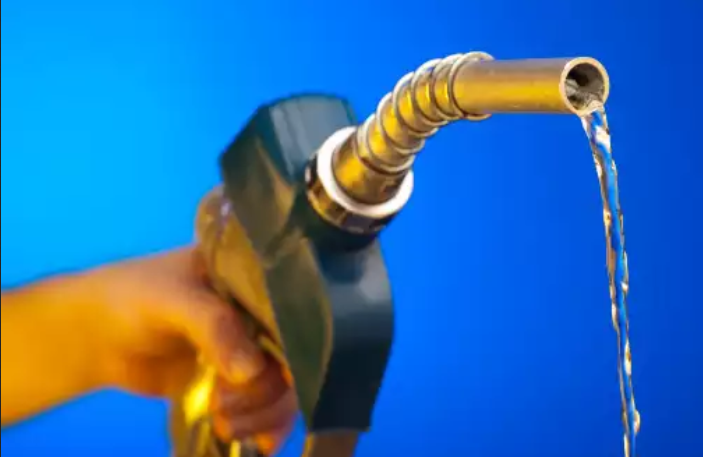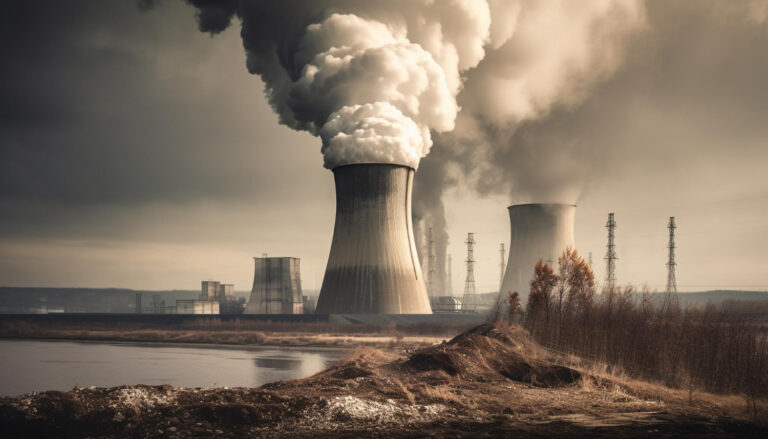Fuel prices : -Government-run oil companies in India have experienced three consecutive profitable quarters, while international oil prices have remained below their peak levels. Despite these factors, it is unlikely that fuel rates for consumers will be reduced, according to energy sector analysts.
There are several inconsistencies in India’s fuel pricing policy that contribute to this situation:
- Static Fuel Prices: Fuel prices in India have not changed since May 22, 2022, despite the government’s dynamic pricing policy introduced in 2017, which mandates daily price adjustments based on international oil prices.
- Pricing Responsibility: While the government states that oil marketing companies (OMCs) set fuel prices, OMCs direct pricing inquiries to the petroleum ministry, creating confusion regarding who determines the prices.
- Profitable OMCs: Even though OMCs were allowed to recover losses incurred during a period of high oil prices in the previous year, they have not reduced fuel prices, despite being in significant profits now.
An analysis of fuel and oil price data from the Petroleum Planning and Analysis Cell (PPAC) reveals that despite a drop in international oil prices, petrol prices in India have remained unchanged. For instance, in June 2022, when oil prices peaked at $116 a barrel, petrol in New Delhi was priced at Rs 96.7 per liter. In June 2023, with oil prices at $74.9 a barrel, petrol rates remained the same. Even in August 2023, with oil at $86.3 a barrel, fuel prices have not budged.

The dynamic pricing policy, which aimed to protect consumers from sudden price spikes in oil, has led to the freezing of fuel prices. However, the policy’s other objective of providing immediate relief to consumers when oil prices fall has not been achieved. Despite a decrease in international oil rates, the benefits have not been passed on to the public.
Despite this situation, there has been no official announcement that the dynamic pricing mechanism has been abandoned. Furthermore, the government has repeatedly asserted that OMCs determine fuel prices, but OMCs redirect pricing inquiries to the petroleum ministry, further complicating the issue.
While the petroleum minister has suggested that fuel prices would be reduced once oil companies recovered their losses, an analysis of OMCs’ financials shows that they are earning substantial profits. Indian Oil Corporation, for example, reported a net profit of Rs 13,750 crore in the April-June 2023 quarter, surpassing its entire profit for the financial year 2022-23. Bharat Petroleum also reported a significant net profit of Rs 10,550 crore during this quarter.
Despite the OMCs’ financial recovery, it is unlikely that the government or OMCs will lower fuel prices in the near future. While some analysts believe that affordability and inflation considerations may deter price changes, others contend that fuel prices remain a political tool. The government may prefer to retain the ability to slash prices just before the 2024 Lok Sabha elections, similar to recent reductions in LPG prices. Until then, consumers may continue to pay more for fuel than necessary.
The lack of transparency and consistent price adjustments create challenges for consumers and raise questions about the pricing mechanisms governing the Indian fuel market.

























+ There are no comments
Add yours